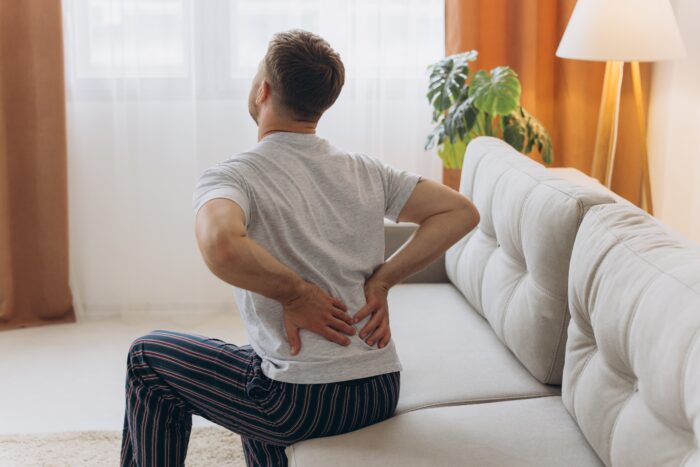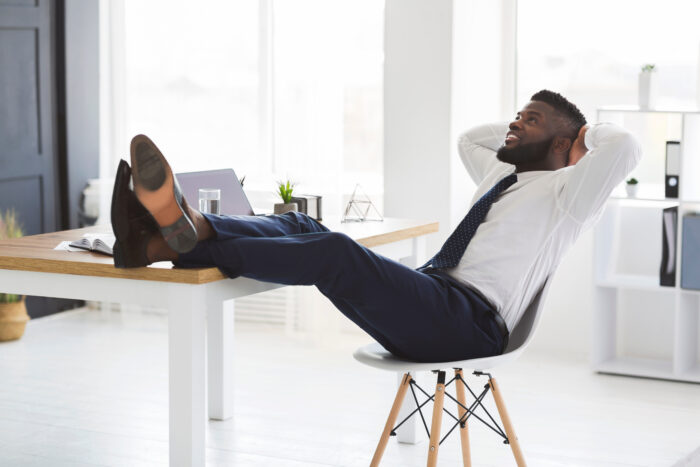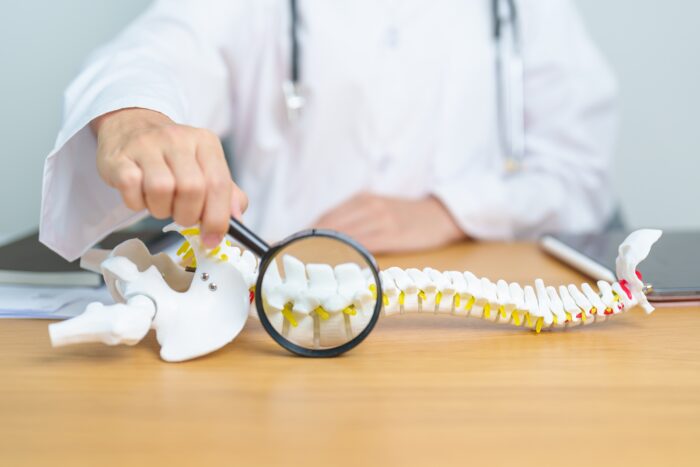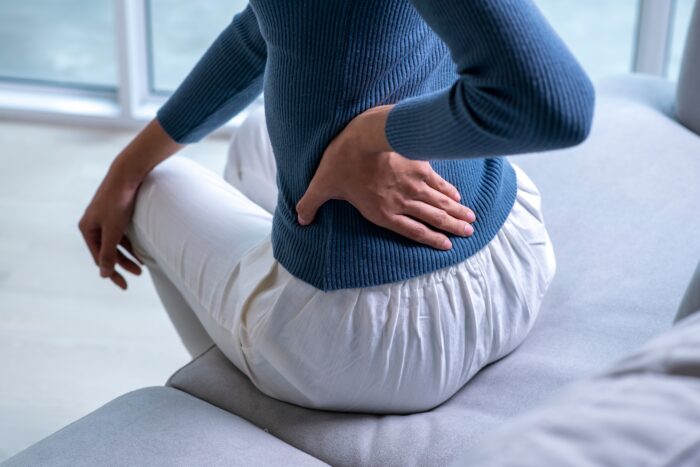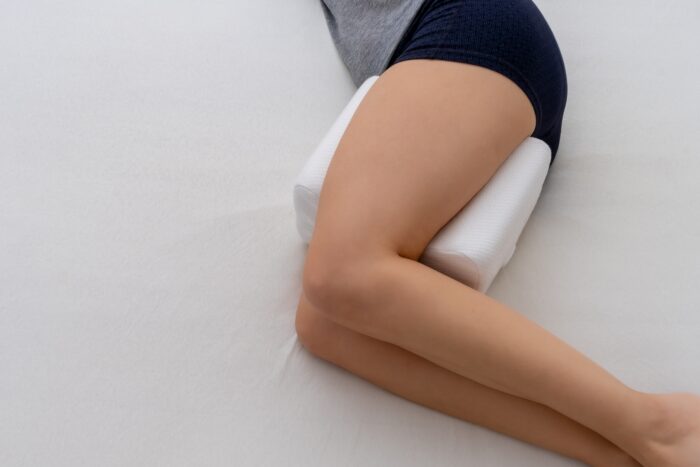When you’re dealing with lower back pain or simply want to prevent it, exercise can be both a solution and a concern. The right movements can strengthen the muscles that support your spine, while the wrong ones can make things…
The fastest & safest way to strengthen your lower back is through a targeted routine of core stability exercises, performed consistently and with proper form. While there’s no instant fix, doing the right exercises daily can start improving strength, stability,…
Lower back pain is extremely common, but knowing if it’s a pulled muscle or a herniated disc can help you take the right steps toward relief. Both conditions feel different and require different approaches for treatment. Here’s how to tell the…
Signs of Muscle-Related Back Pain Muscle pain usually results from overuse, poor posture, or sudden strain (like lifting something too heavy). It often affects the soft tissues like muscles, tendons, or ligaments. Common signs of muscle pain Aching or stiffness…
Sitting with your legs up, on a chair, couch, or coffee table, may feel comfortable in the moment, but it can lead to postural imbalances over time. Why It Can Be Problematic Poor Lumbar Support - When your legs are elevated…
If we had to choose just one exercise that stands out for overall back support and pain relief, it would be the, McGill Curl-Up Target Areas - Deep core stabilizers (transverse abdominis and rectus abdominis) How to Perform Lie on your…
While various treatments can offer relief, the number one back pain relief approach, supported by research and clinical practice, is a multimodal approach that combines movement, medication, and lifestyle changes. Top Components Gentle Movement (Not Rest) Staying active with gentle…
Spinal decompression during sleep can relieve pressure on the discs and improve healing, especially for L4-L5 conditions. Best Practices for Nighttime Decompression Use a Knee-Elevating Pillow (Back Sleepers) Place a pillow under your knees to reduce the lumbar curve and…


